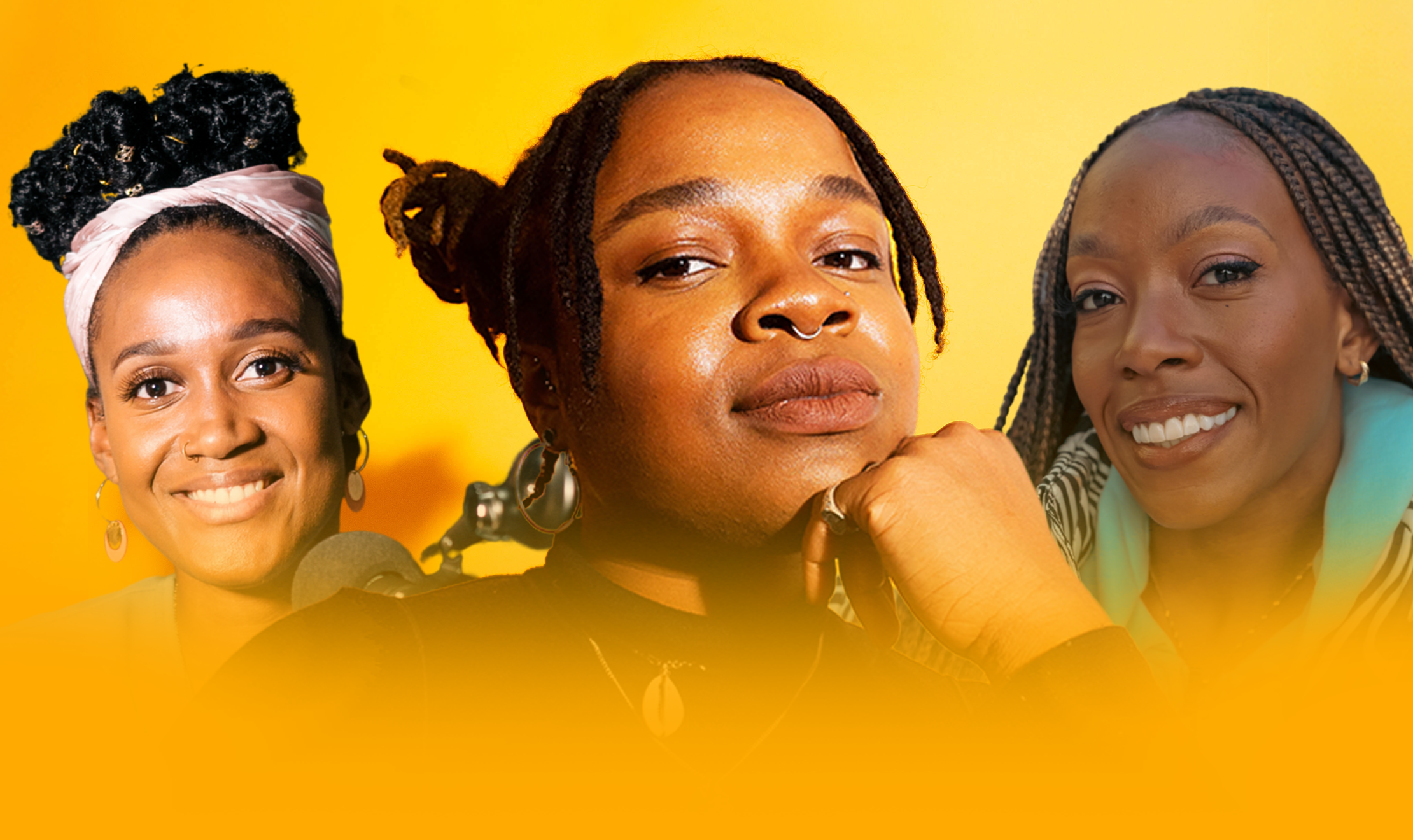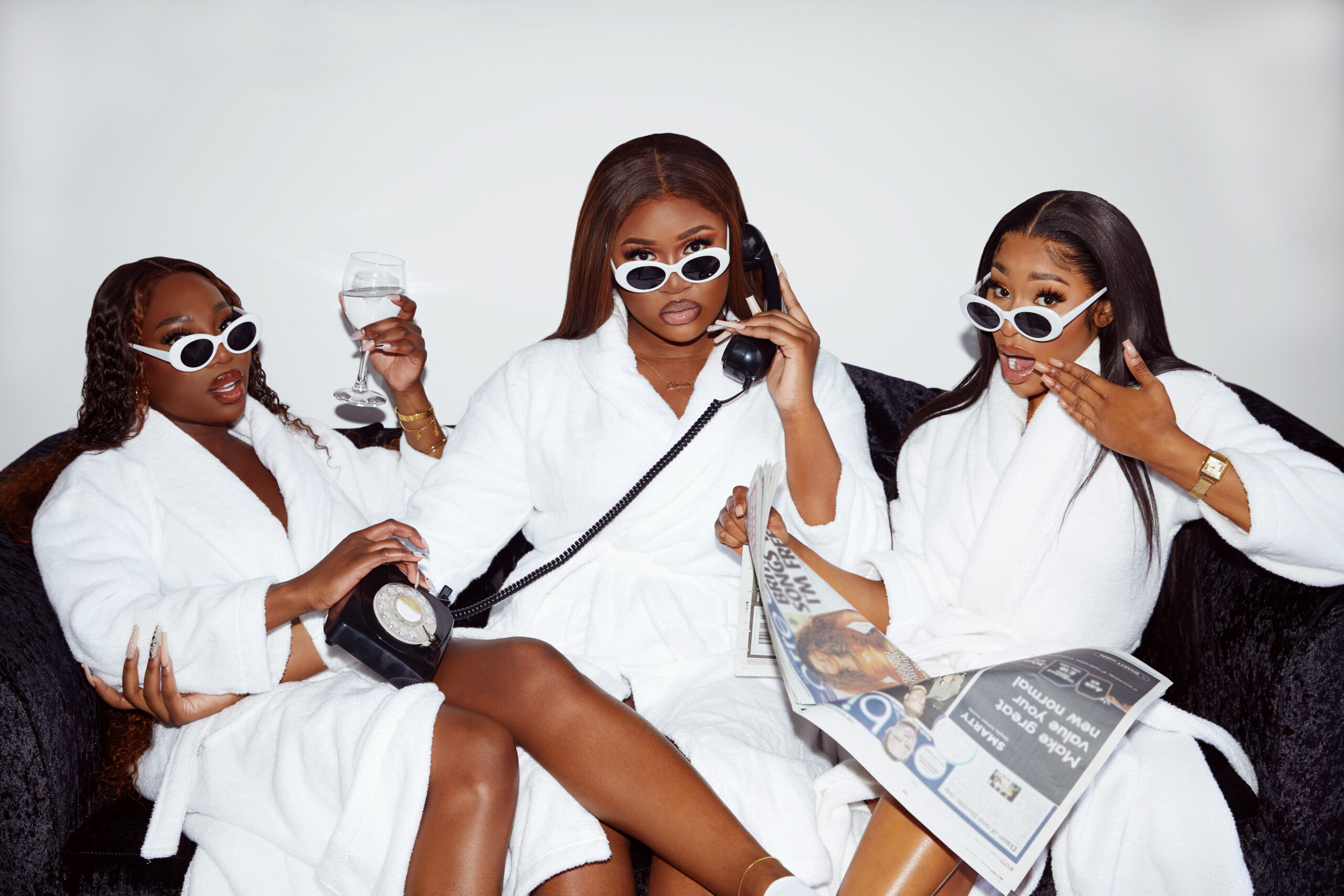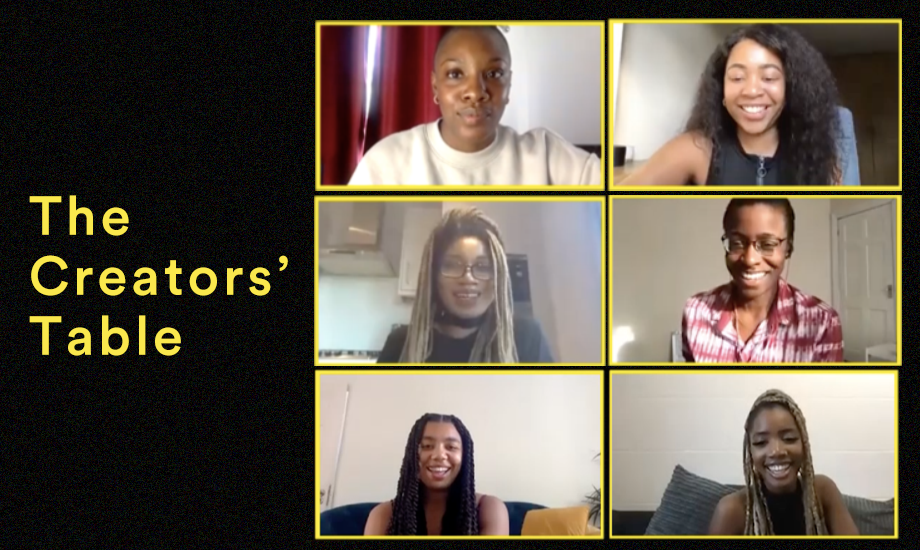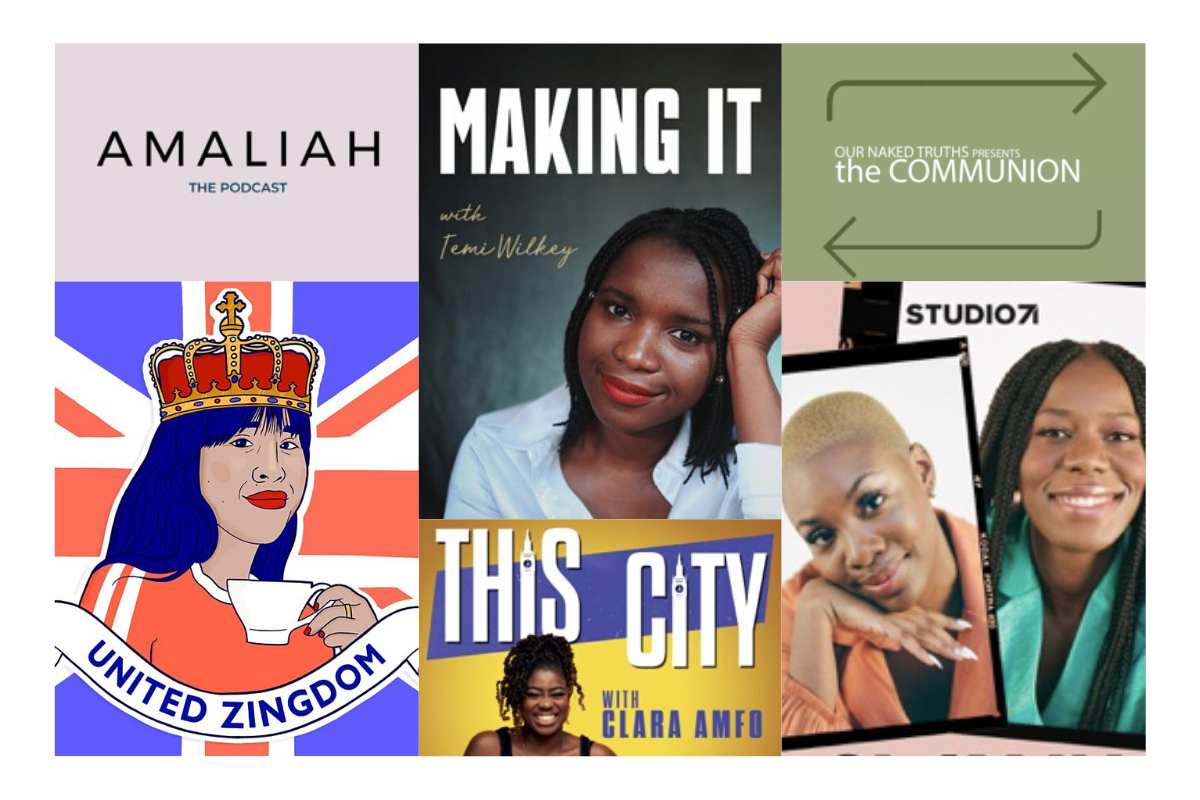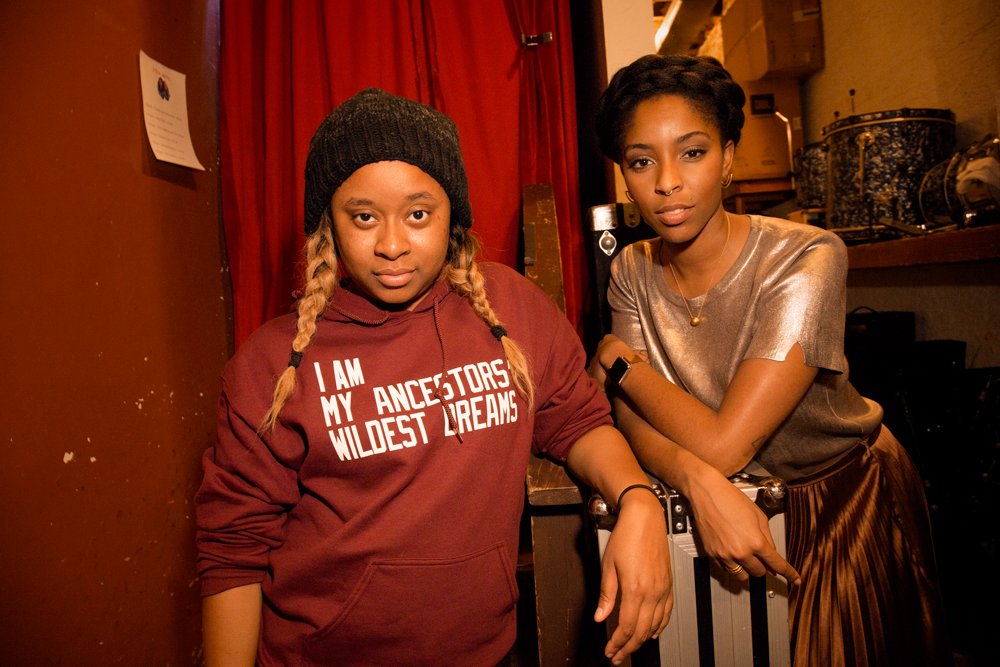
Comedy gives us the ability to laugh at some of our darkest thoughts. Some of these matters will never truly be funny, but by airing them out, we give ourselves a break from being angry, misunderstood or isolated. The 2 Dope Queens podcast does this perfectly, and is packed with a lot of laughter.
Hosted by two very funny black women, Phoebe Robinson and Jessica Williams, 2 Dope Queens has given me a language to speak about race, gender and other charged issues with equanimity. Often, this composure can take an impassioned turn, but these important conversations would not have happened if I wasn’t emboldened by the humour’s capacity to trump awkwardness.
Recently finishing its fourth season, the hour-long episodes showcase largely people of colour, women and LGBTQ stand-up comedians, and special guests like Queen Latifah, Carrie Brownstein and Tig Notaro, while the two hosts banter about their everyday lives and pop culture. It’s recorded in front of a live audience, and they always have this energetic, supportive crowd, whooping at every rallying cry no matter how incidental (“They haven’t made a Rosa Parks movie but they re-did Batman v Superman.”)
In one of their first episodes, Robinson recounts a racist experience in a store, and decides to channel her “inner white lady in customer service”. “This is unacceptable,” she says, imitating herself mockingly and over-pronouncing every syllable. Williams, always seamlessly riffing off her co-host, adds her own catchphrase: “Never. In. My. Life.”
“2 Dope Queens has given me a language to speak about race, gender and other charged issues with equanimity”
She goes on to explain that this affectation is the result of refusing to stereotype herself as an angry black woman – “There’s this problem with female anger, and black female anger. While dudes go out and play football.” The laughter from the audience makes it a comfortable space for charged conversations to take place, while the idea of code-switching is sharply demonstrated.
Later on in the season, comic Sam Jay flips the theory and jokes about embracing her stereotypes to her own benefit. “People think black people are hostile”, she says, “I use that shit all the time to my advantage.” She blasts music in her headphones, looks crazy, and lets out a few barks, all so that she can enjoy the most peaceful train ride during rush hour because no white people will come near her.
Stereotypes can also be used to help others, Jay goes on. As she’s trying to surreptitiously smoke weed at a festival with a black friend, a white woman approaches them asking to join, which she compares to picking up an item in the video game Zelda: “You just acquired White Woman Shield! You are now invisible to cops and security, and otherwise nosy as white folks.” Of course, police brutality and biased practices of security officers are lethal products of racism. But by bringing a lightheartedness to the issue, it makes it easier to talk about, while those who are white have no excuse but to acknowledge their privilege.
The two will even make you laugh as they discuss the abuse received on social media. After reading out heinously vitriolic quotes like, “get rid of blacks,” Robinson says, “Yeah he’s the worst, but what if I, like, fell in love?”
It’s a preposterous possibility that Williams morphs into the plot of a romantic comedy. She sets up the scene: Robinson blindly falls for her “forever boo”, while she plays the antagonistic best friend. Racist verbal attacks can do serious harm, but the two find a way to demolish the groundless hate using the weapon that is humour.
There are great lines about mental health – “As I get older I find myself reaching for my therapy friends, the ones who go to therapy, because all the other ones are batshit crazy”. Female sexuality is constantly celebrated, from a sex toy left out in the open at a family home, to metaphors comparing Drake’s voice to a vibrator on its last battery. Comic Rebecca O’Neal explores the uncomfortable contradiction of being a feminist who enjoys submission during sex – “Can you get whiplash from cognitive dissonance?”
This is brilliant comedy, with feminism and racial discourse embedded in every punchline. But as it’s a podcast, listeners inevitably miss out on the visual aspects of the performance – facial expressions they make, impressions they do, dance moves they bash out, etc. So, look out for the queens’ specials, coming out on HBO next month – it’s four themed, hour-long shows that will leave you feeling jovial and endlessly empowered.
See the teaser trailer below.

